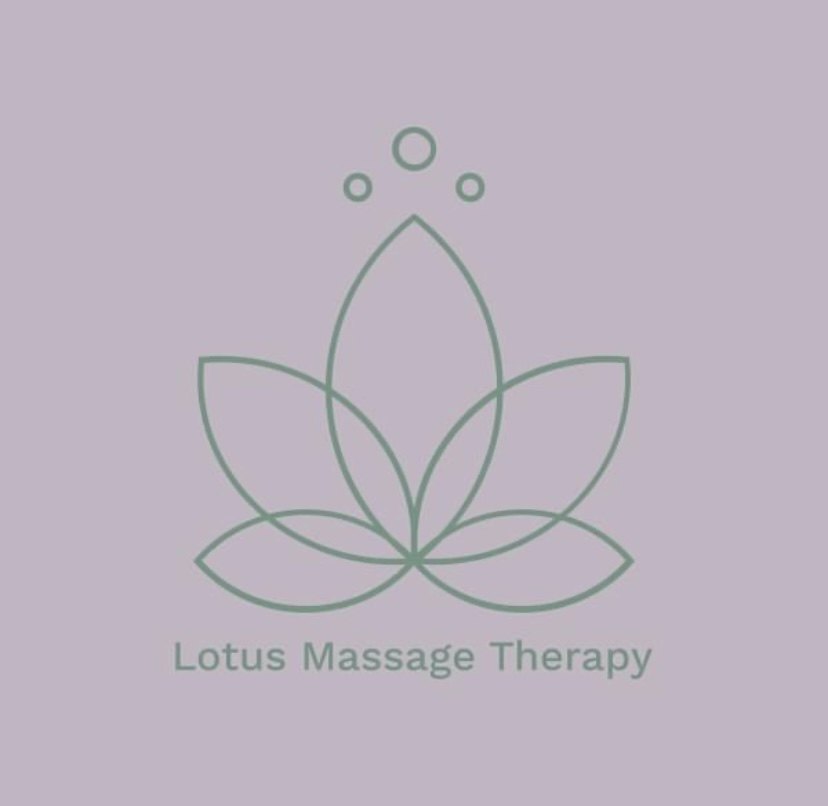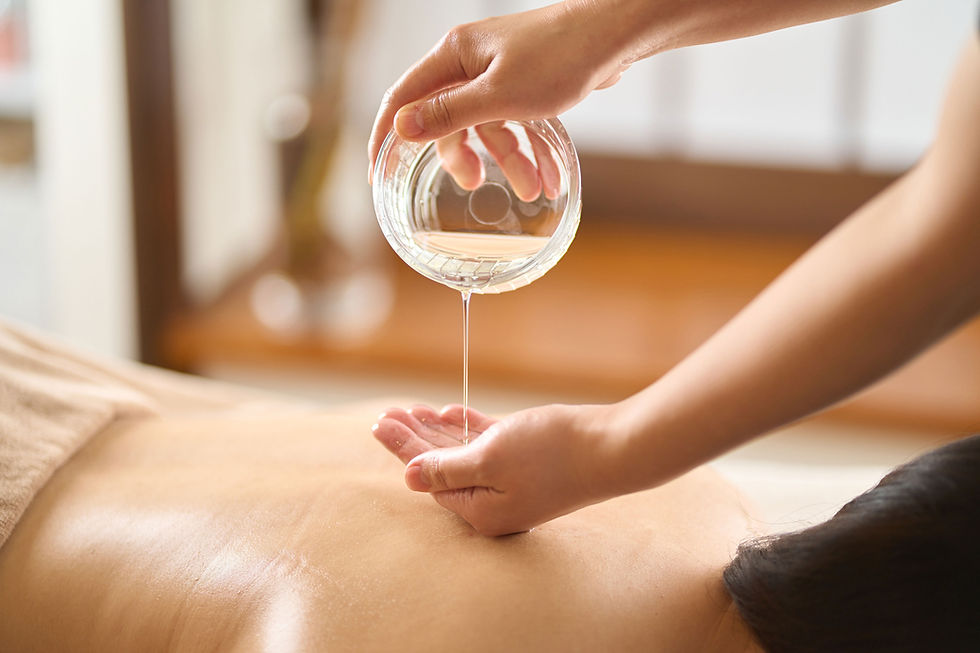The Benefits of Regular Massage for Stress Relief
- lotustherapy2020

- Apr 16, 2025
- 4 min read
In today's fast-paced world, stress has become an unwanted companion in many people's lives. Amidst work deadlines, family obligations, and daily responsibilities, finding effective ways to manage stress is crucial. One powerful tool that can help alleviate stress is regular massage. Not only does it provide a moment of escape, but it also offers numerous health benefits that extend beyond relaxation.
Understanding the Benefits of Massage
Massage therapy is not just a luxury; it's a beneficial practice with many advantages for mental and physical health. Research has shown that massage can significantly reduce stress levels. According to a study published in the Journal of Clinical Psychiatry, regular massage therapy can lower cortisol levels, a hormone that is often associated with stress. Lowering cortisol levels may lead to an enhanced sense of well-being.
Moreover, massage can stimulate serotonin and dopamine production, which are known to elevate mood. In fact, one study found that participants who received regular massages reported a substantial decrease in anxiety levels. This multifaceted approach to stress relief makes massage therapy a vital component of a holistic health regime.

How Massage Therapy Works
Massage therapy works on multiple levels to promote relaxation and relieve stress. When a trained therapist applies pressure to muscles and soft tissues, it creates a physiological response. This response can reduce muscle tension, improve circulation, and enhance flexibility. Additionally, massage activates the body's parasympathetic nervous system, which is responsible for relaxation.
The sensory experience of touch also plays a significant role. The human body often perceives and responds to touch, leading to the release of endorphins. These natural painkillers promote feelings of happiness and relaxation. As a result, incorporating massage into your routine can provide a much-needed break from daily stressors.

What Massage is Best for Anxiety and Depression?
When it comes to easing anxiety and depression, certain types of massage may prove more effective than others. Research suggests that Swedish massage is beneficial for overall relaxation and stress reduction. This technique employs long, flowing strokes and kneading, which can help relax both the body and mind.
Deep tissue massage may be particularly effective for those who carry stress in specific muscle groups. By focusing on deeper layers of muscles, this technique can alleviate chronic tension and promote emotional release. Additionally, aromatherapy massage, which combines essential oils with massage techniques, can enhance relaxation by stimulating the sense of smell.
It’s essential to communicate with your therapist about your specific concerns and mental health challenges. Tailoring the massage to meet your needs can improve your experience and lead to deeper relaxation.

Regularity Matters
To truly reap the benefits of massage therapy for stress relief, regular sessions are crucial. According to the American Massage Therapy Association, individuals who receive massages at least once a month are more likely to report significant improvements in mood, sleep quality, and general well-being.
Consistency allows your body to adjust to the benefits of massage more effectively. For many, incorporating even a 30-minute massage into their monthly routine can lead to profound changes in stress levels. This commitment to self-care enhances not only physical health but emotional wellness as well.
Actionable Recommendations
Schedule Regular Appointments: Treat massage therapy like any other health appointment. Schedule regular visits with a therapist that you feel comfortable with.
Choose the Right Type: Experiment with different types of massage to figure out which one resonates best with you. Whether it’s Swedish, deep tissue, or aromatherapy, find the style that helps alleviate your stress most effectively.
Combine Techniques: Don’t hesitate to combine massage therapies with other stress-relief techniques such as yoga, meditation, or mindfulness. Integrating various approaches can yield even greater benefits.
Create a Relaxing Environment: If you have the opportunity to receive a massage at home, consider creating a soothing atmosphere with soft music, dim lighting, and minimal distractions.
Communicate Your Needs: When scheduling your massage, communicate any specific needs or areas of tension to your therapist. This ensures that they can tailor the session to your needs.
Enhancing Your Massage Experience
To make the most of your massage therapy sessions, consider engaging in practices that enhance the experience. Arrive a little early to relax and unwind before the session begins. Taking a few moments for deep breathing can also help transition your mind into a state of relaxation.
After your massage, take time to enjoy the feeling of calm that follows. Continue your relaxation journey by staying hydrated and allowing yourself to embrace the tranquil state created by the massage. Some people find that unwinding in serene surroundings, perhaps with a book or some gentle music, prolongs the benefits of their session.
Incorporating these mindful practices can create a more profound and lasting impact when it comes to stress relief.
In summary, the journey to managing stress involves finding effective tools that work for you. Regular massage therapy stands out as a highly beneficial practice that can significantly improve not just your physical well-being but your mental health as well. By understanding the various types of massages available and committing to regular sessions, you can harness the power of touch to foster relaxation and reduce stress levels. For those looking to explore the world of massage and relaxation, remember that the journey is as important as the destination. Embrace this gift of self-care and witness the transformative effects it can have on your life.



Comments